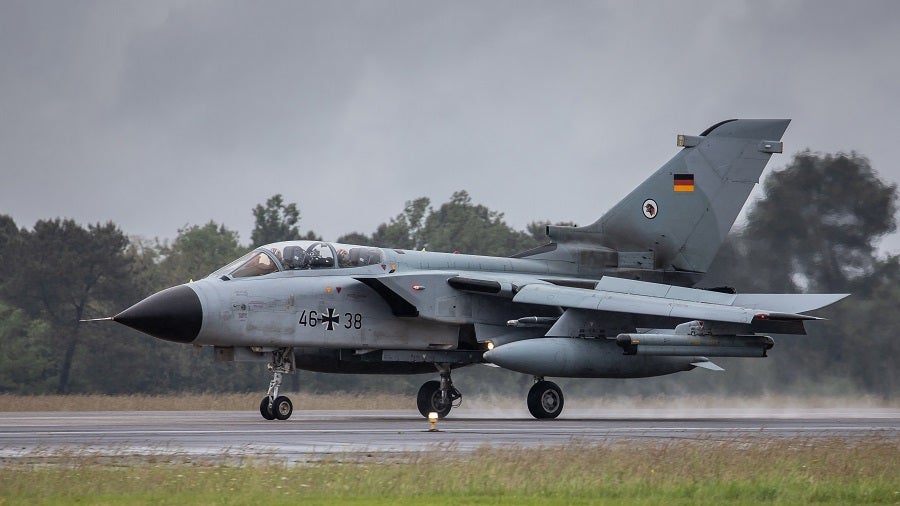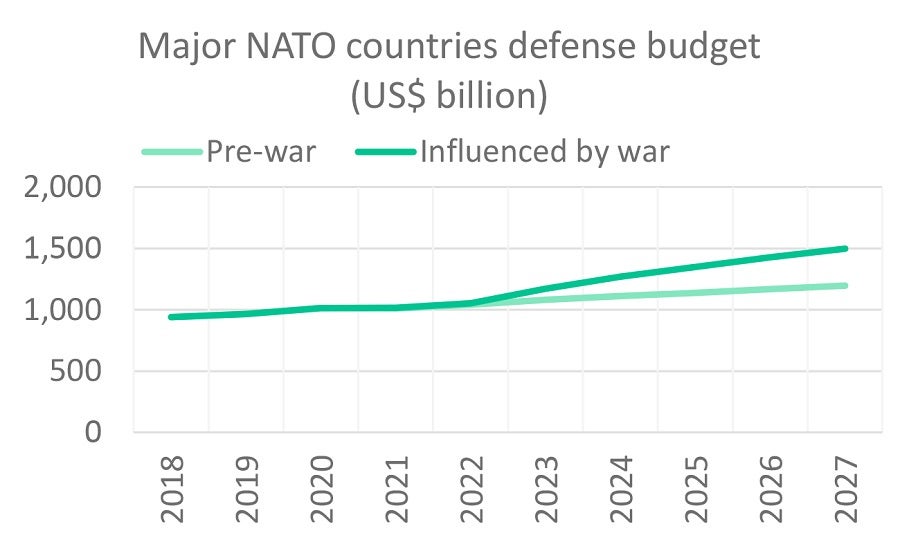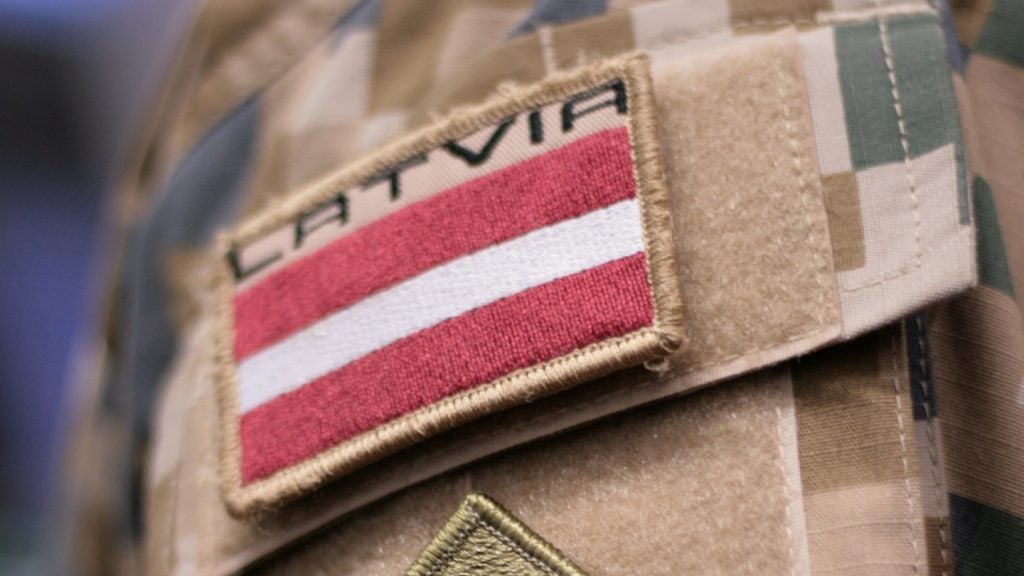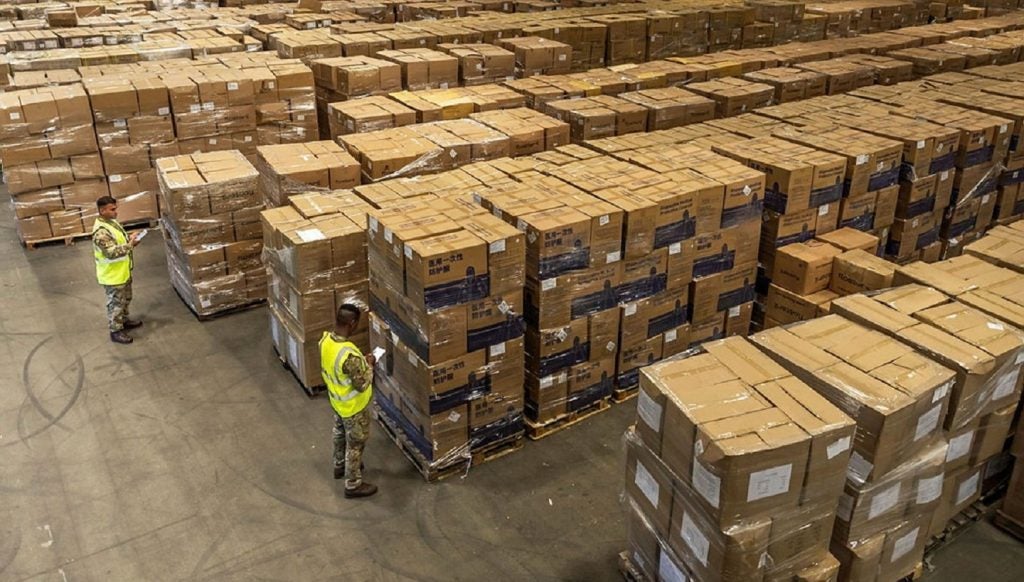
German Chancellor Olaf Scholz announced a two-component defence spending increment as a response to Russia’s invasion of Ukraine at the end of February. Firstly, the Bundeswehr is set to receive a €100bn lump sum investment from the country’s 2022 budget. To put that number into perspective: Germany’s entire defence budget was around €47bn in 2021.
The second part of the policy change is to sharply increase the German defence spending to more than 2% of its GDP, up from 1.53% in 2021. While the target set out by Scholz is an agreed NATO objective, only about a third of members countries actually reached it in 2021.
Building a capable military is not solely about money, but, given that Germany’s economy remains the largest in Europe, the annual budget uplift would make the country the third-largest defence spender in the world behind the US and China.
Wind of change
The defence policy uplift is a seismic shift from Germany’s quasi pacifist foreign and security policies since the end of the Cold War and from the post-1945 cultural and constitutional stance of self-imposed restraints around defence spending and military activities. Witnessing the consequences of undeterred Russian aggression in Ukraine compelled Germany’s citizens and politicians to think about the strategic imperative to prepare for potential conflict and equip its armed forces optimally.
Not-for-profit RAND Europe research leader in the defence and security programme James Black points out that, although the defence uplift is a very big move, it will not immediately translate into an increased German military capability. “It takes time to spend money and to procure new weapons systems, and it takes time to train and develop forces that are capable of using those new systems,” he says.
How well do you really know your competitors?
Access the most comprehensive Company Profiles on the market, powered by GlobalData. Save hours of research. Gain competitive edge.

Thank you!
Your download email will arrive shortly
Not ready to buy yet? Download a free sample
We are confident about the unique quality of our Company Profiles. However, we want you to make the most beneficial decision for your business, so we offer a free sample that you can download by submitting the below form
By GlobalDataSee Also:
That said, reaching 2% of GDP on defence spending will give Germany a long-term certainty, and the injection of the €100bn can offer solutions to some of the short-term issues that would be more difficult to solve from annual budgets.
“It can reset the German defence budget after a period of what seems, in retrospect, to have been inadequate spending,” Black says. “And the multi-annual nature of that fund means that the Federal Ministry of Defence (German Ministry of Defence or BMVg) can give more financial certainty to some of their most important and complex procurement programmes.”
Despite warnings from watchdogs earlier this year that the UK was spending beyond its means for military equipment, the Russian aggression also prompted British cabinet members to call for the re-evaluation of the Integrated Review and the country’s defence spending. An uplift in UK budget following Scholz’s announcement would no doubt impose pressure on France to follow suit.

What to buy?
Given that by throwing money at them quickly the BMVg can resolve some of its long-standing short-term issues, such as unit readiness and quicker availability of basic equipment for troops, the Bundeswehr might get a grip on important long-term problems.
“After that”, Black says, “we can start to see major procurements accelerating or definitely happening at the very least. The fact that they’re definitely happening is already a step forward for Germany because you look at its replacement programme for the Tornado fighter, for example, that has been on-and-off for a number of years now.”
Berlin’s decision to buy up to 35 F-35s is no less surprising than the budget policy change itself. The country dismissed the purchase of the Lockheed Martin stealth fighter jet as a replacement for its ageing fleet of 93 Panavia Tornados back in 2018 and then again in 2020. An additional 15 Eurofighter Typhoon jets would also strengthen the Luftwaffe as per recent decisions.
The announcement of the F-35 purchase, however, raised questions about the Future Combat Air System (FCAS) jet programme that German is developing with Spain and France. But Scholz reassured the partners by saying that the joint European project remains an “absolute priority”. In terms of deployable equipment, it could have an effect on German military capability from 2035 to 2040 onwards.
But there are other unignorable procurement requirements withing the Bundeswehr, such as the need for new heavy transport helicopters and investments in air defence systems that will likely cost about €6-7bn and €10bn, respectively. Based on International Institute for Strategic Studies estimates, the price tag for restocking depleted German munition stocks across the board and associated storage can also reach €20bn. And then there is the long-standing necessity to invest in German Navy’s mine-countermeasures vessels, submarines and purchasing more F126 frigates.
The broader technological trends and movements in the nature of threats will also play an important role in deciding which domains and equipment areas will receive funding. Lastly, Black says, another aspect to consider is the role Berlin will want to play within NATO and the EU.
What money can’t buy
“But it’s not just about money,” Black points out. “There’s also a question about making sure that the German military gets the right people and invests in training, concepts, doctrine and infrastructure and all other lines of development that go around the equipment.”
There is also the risk of spending cash too quickly and thus inevitably wasting some of it. Simply put, capabilities and commitments will matter just as much as sums.
Black adds: “It is also true that money can’t buy real-world combat experience, which, compared to some of the other militaries in Europe, Germany has less of because it’s been less deployed in recent years on operations. And these things don’t change overnight.”
Even if spending more on defence will effectively translate into a more capable Bundeswehr, that does not necessarily change Berlin’s unwillingness to deploy it and become a more expeditionary force like the UK or France.
How Russia and China will respond to Germany’s announcement will largely depend on the stance it will intend to take on the international board game as well as on the outcome of the war in Ukraine.








